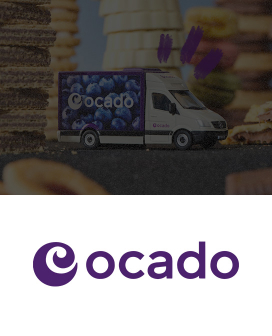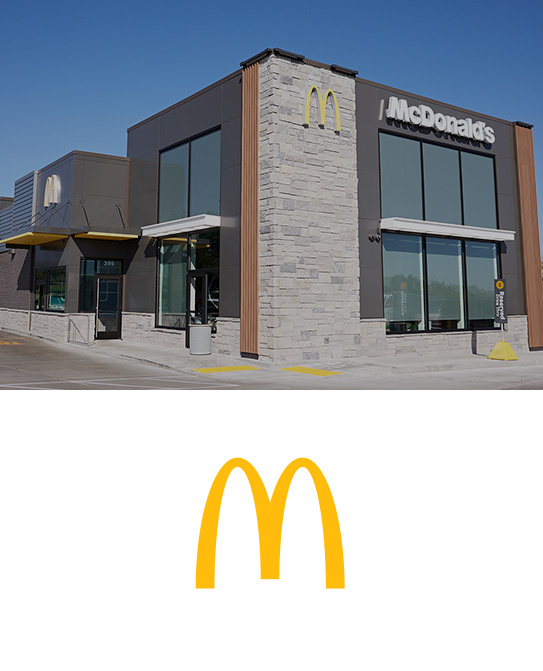“Pay per click” or “PPC” is a method of payment referring to when website visitors click on a featured ad. As opposed to other cost models, the ad owner must pay per click each time his or her ad is selected, which is owed to the website owner who agreed to host the ad. Also referred to as “cost per click (CPC),” pay per click (PPC) advertising is highly reliant on keyword searches within web browsers to deliver the most relevant traffic to their ad spaces. Although these terms are usually used interchangeably, sometimes “PPC” is reserved for campaigns resulting in actual payment and “CPC” is reserved for other actions resulting from a click, but not necessarily related to click-throughs.
PPC ads can appear within web searches (featured at top or on side) and also within related websites. Typically, visitors will recognize a PPC opportunity when the words “sponsored ad” shows up within the site they are visiting. PPC currently exists in two forms: flat-rate PPC and bid-based PPC. With flat-rate PPC, Internet marketers enter the arrangement with a fixed, unchanging rate for each click. With bid-based PPC, those wishing to place ads find themselves in a private auction where they bid against competitors using a maximum amount. For example, if Bob and Nancy would like their ads featured during the same times, locations and using the same keywords, they would provide the maximum amount they’re willing to pay for that specific ad display opportunity. If Bob bids $5 per click and Nancy bids $10 per click, Nancy will win that ad space each time they go head-to-head using the same criteria.
Many online marketers prefer this form of advertising as they incur minimal or NO cost when their ads are not clicked. This assures them a high-result, low-risk option, unlike more tradition TV commercials and/or print advertising. Some Internet marketers worry about malicious clicks by competitors (when an unfriendly rival clicks on an ad repeatedly to cost the company money and, perhaps, reach the ad’s budget threshold, resulting in it disappearing). Many web-based companies that offer this type of advertising opportunity have launched successful automated anti-malicious clicking systems.









